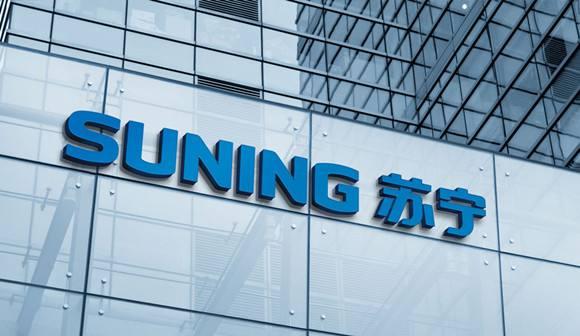MILAN, July 11 (Class Editori) – Suning, a Chinese home appliance retail company, the Inter's owner, has recently acquired the 80% of the Carrefour China shares, becoming its main shareholder.
Many companies of the retail and hospitality sectors gave up their business in China during the last two years. Among them: Mark & Spencer, a prestigious British chain with a long tradition that, after opening five stores, closed all activities due to strategic problems linked to the product positioning; Tesco PLC, British; the Korean Lotte Mat and Auchan. Californian Forever 21, which entered China in 2008 with 11 flagship stores, closed at the end of April.
Wallmart, after the failure of the superstore project, aims to open, together with JDcom, 40 membership stars by 2020. Even Metro, a prestigious German company, agreed to sell its Chinese assets.
About the hospitality sector, last year in Shanghai the Hilton chain sold one of the historic hotels to Jing Jang Group, which forty years ago signed the management agreement following the vision of the Shanghai Municipality Party Committee and the Municipality.
The same should happen, again in Shanghai, for the Okura Garden, a memorable hotel founded in 1926 in the Shanghai French Concession.
Why this is happening, notwithstanding the fact that both the hotel business and domestic consumption are substantially growing?
There are two reasons: technological innovation and a new concept of how to manage the end customer.
Technological innovation is now essential and can wait no longer. The 5G system and, in the future, the 6G system is leading China to have a competitive advantage over the rest of the world that apply on all daily activities. Within a few years in China, more than in the rest of the world, there will be a sea change, which is already occurring, that will affect the lifestyle of everyone.
Purchases, distribution, bookings and payments will be channeled and governed by a higher authority which is 5G, a standard that in the last G20 in Japan was one of the most contrasting issues between the United States and China.
Something similar is happening in the hospitality sector. "The entry of Hilton and other international brands in China has historical reasons: during the reform and opening period, China needed brands to offer a service to customers who came mostly from abroad and began to visit the country," Yu Minliang, president and secretary of the Jing Jiang International Party Group, recently explained.
"However, today the number of customers, managers and hotel owners coming from the domestic market is increasing. Chinese brands will prevail, as a result of the modern lifestyle progress and they will combine Chinese culture and innovative services," he underlined.
Once again the Jing Jang system has defined its own "One Center and Three Platforms" technological innovation, based on the IoT (Internet of thing) in addition to the improvement of the economic and financial management due to the implementation of international control systems related to the capital flow and funds.
Always from China – which is able to combine technological creativity with business – comes the example of the Greenland conglomerate, a state-owned company with the main core business in real estate activities but with aspirations in the hospitality sector, a business in which it operates with 92 hotels and related management.
The forecast is to have 200 hotels by 2020, relying on the Primus and Qube brands but not forgetting the retail sector after creating the G-Super chain that benefits from the purchasing department of the hospitality division.
These operating models cannot be applied or transferred to international chains that lack two basic assumptions: hotel ownership and operational efficiency. All hotels in China are mainly owned by Chinese, Hong Kong or Singapore companies such as Capitalan, and efficiency is generated both by large volume purchases and by the distribution of the product as the final link in the value chain.
For Carrefour, even if it held the fourth position in the rankings with 319 points of sale in China, the disadvantage is evident when it is compared to Suning, which has about 11 thousand points of sale in its sector. Furthermore, the number of references, certainly greater in Carrefour than in Suning, is a further exonerating element that makes to lose competitiveness in relation to the end customer.
As Kery Brown, professor at the Law China Institute of King's College of London, said that "the Chinese middle class is the true heart of modern Chinese history and the key aspect of how this phenomenon will unfold". The 400 million consumers, also due to the rapid urbanization, will affect the market and China both on the political-ideological side and on the economic one, and it will have to adapt accordingly.
*edited by Marco Leporati, General Manager at Savino Del Bene – transport and logistics company active in China since 25 years.
(Source:Class Editori)
Notice: No person, organization and/or company shall disseminate or broadcast the above article on Xinhua Silk Road website without prior permission by Xinhua Silk Road.




 A single purchase
A single purchase









